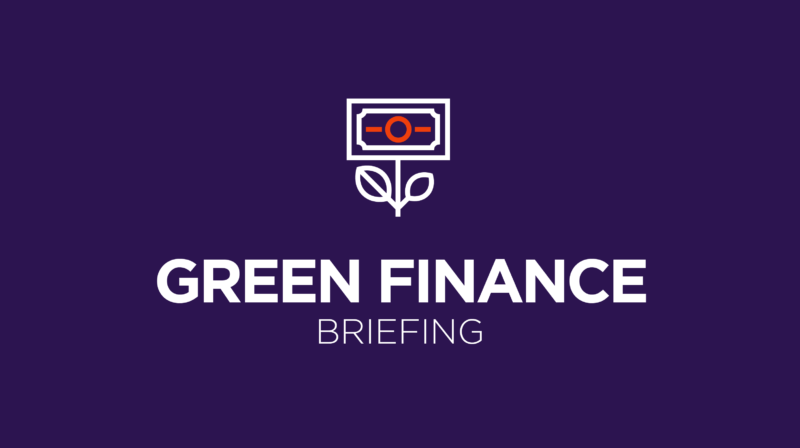Green Finance, Member Exclusive
Green Finance Briefing: Consumers want more sustainable banking
- Studies show that consumers are increasingly looking to align their values with their wallets – and younger generations are taking the charge in sustainable investing.
- We also look at the climate tech space with an ecosystem map, and have a great suggestion for your next movie night – a new documentary on greenwashing.








